
Read offline
Recommendation
In their introduction, leadership experts Robert J. Anderson and William A. Adams promise that this work can serve as your leadership development book for life. It’s a bold promise, but they offer something unique: an honest and courageous perspective that blends data and science with poetry, psychology, theology and philosophy. Though their treatise is unnecessarily lengthy and complex in parts, it goes well beyond leadership development books that speak only about how leaders should behave and the competencies they need to engage a modern workforce within complex organizations. The authors weave in ex-Harvard psychologist Robert Kegan’s stages of adult cognitive development. Using large data sets that rest on decades of work, they demonstrate that leaders must evolve through these stages individually and as a leadership team – before they can transform organizations or lead effectively. Leadership development professionals will find this groundbreaking approach worthwhile to read and may come to consider the other publications in their field through its lens.
Summary
About the Authors
Robert J. Anderson and William A. Adams founded The Leadership Circle and Full Circle Group. You can take their Leadership Circle Profile (LCP) Self Assessment at: https://self-assessment.theleadershipcircle.com/welcome.








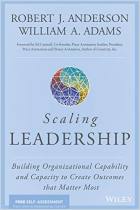
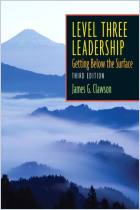
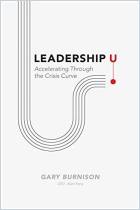
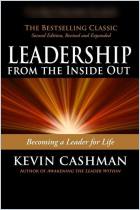
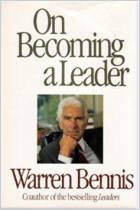
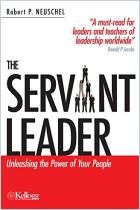
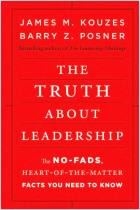




Comment on this summary or Démarrer une discussion